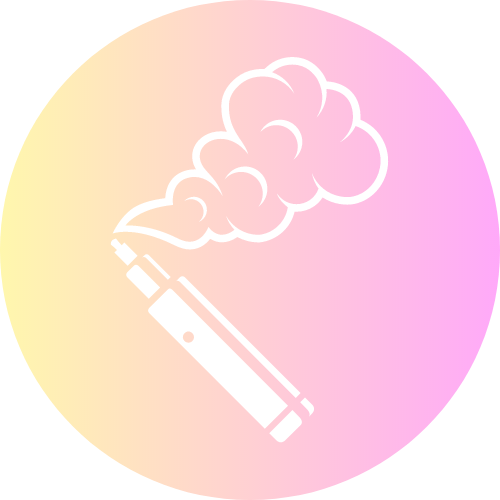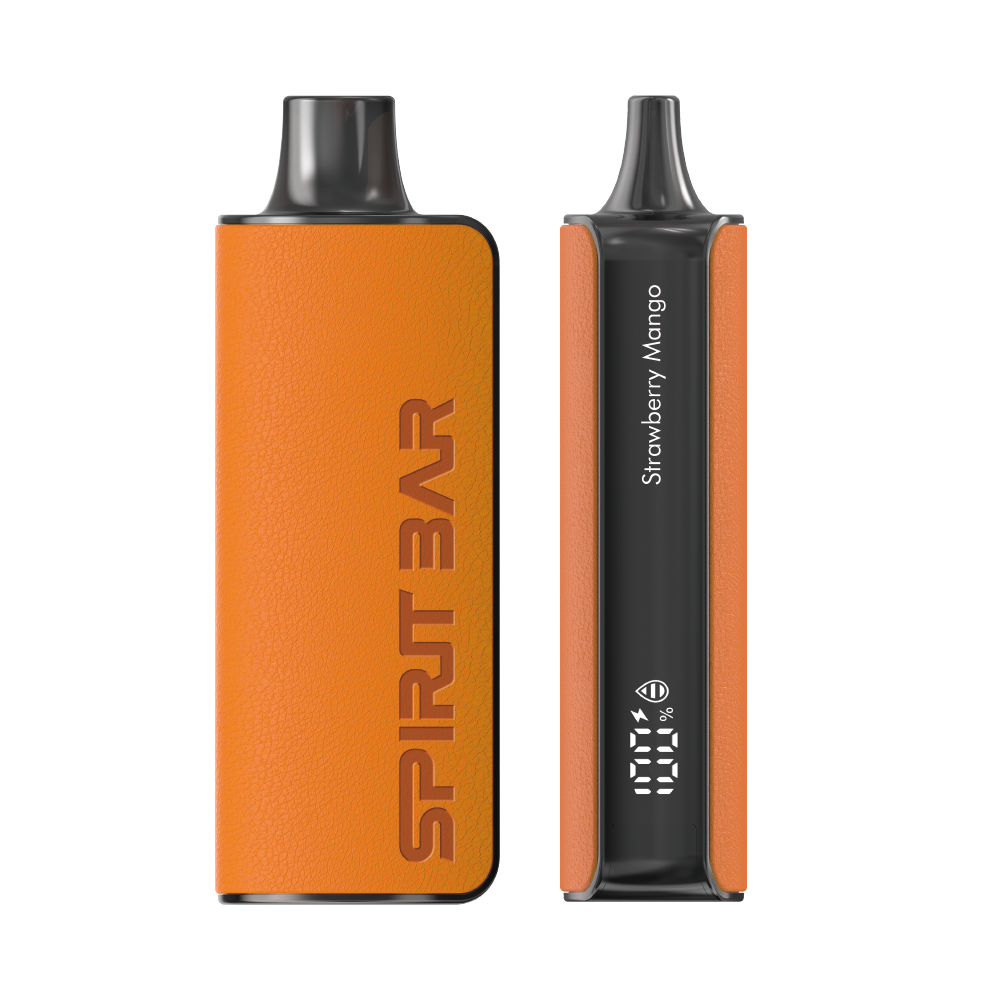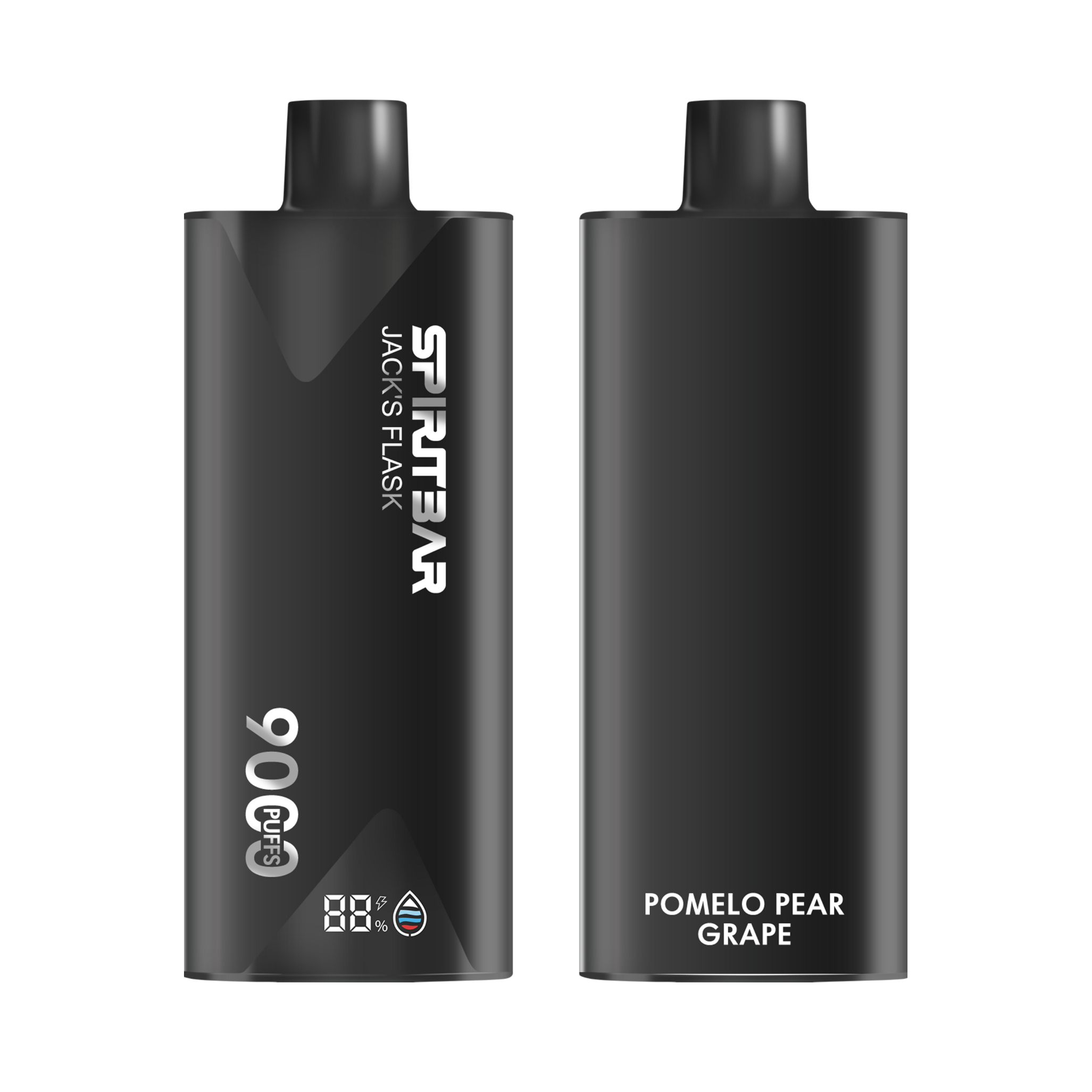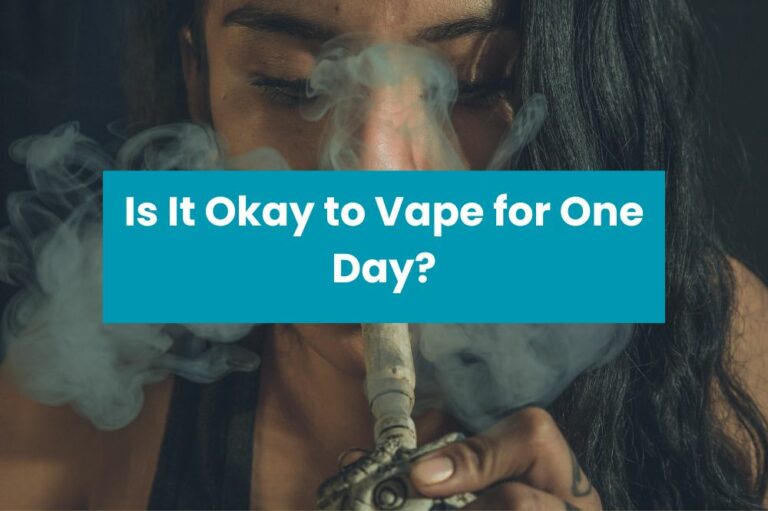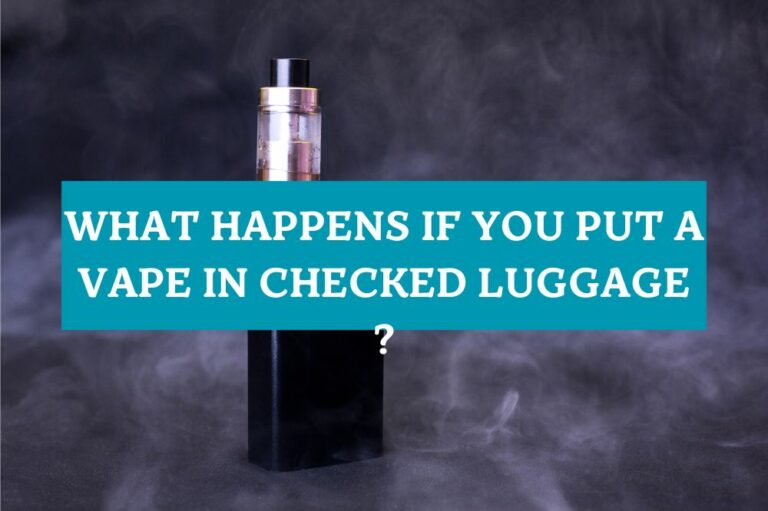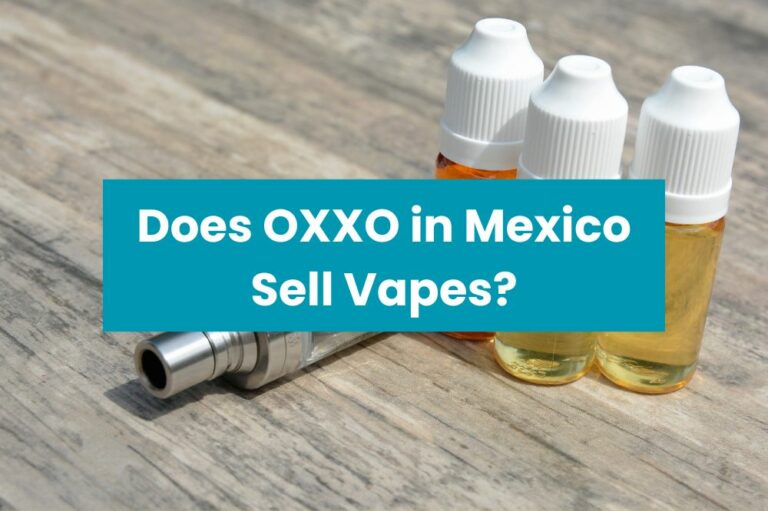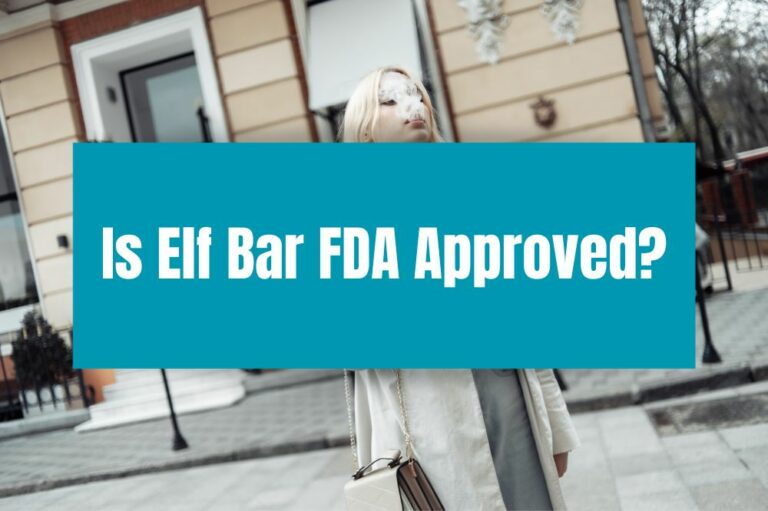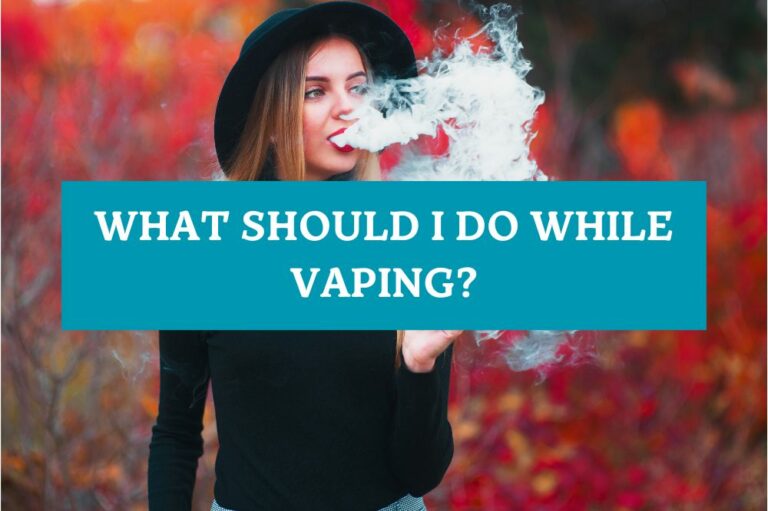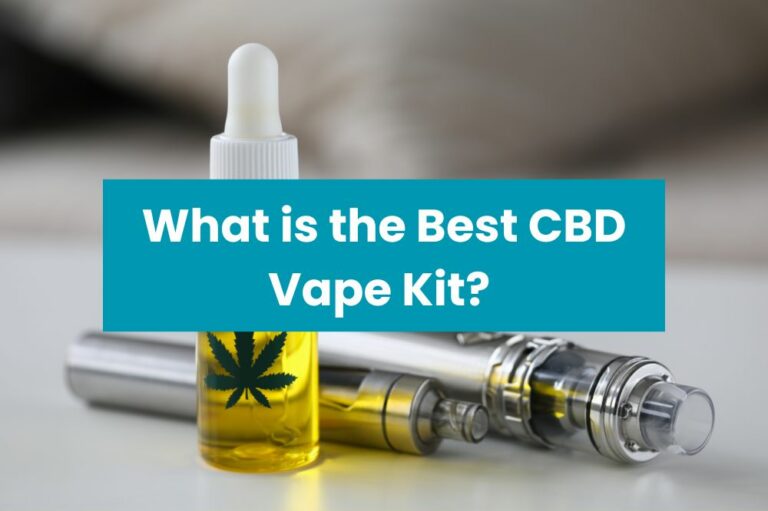Is Vape Legal in Switzerland?
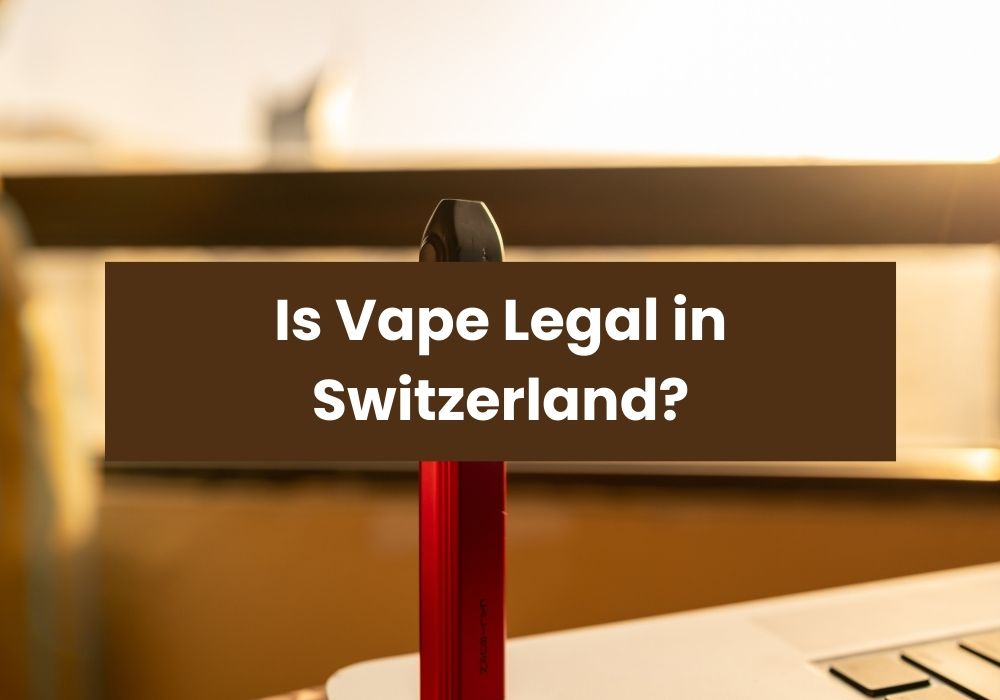
If you’re a vaper planning a trip to Switzerland, you might be wondering whether vaping is legal in the country. The good news is that vaping is legal in Switzerland, but there are some regulations you need to be aware of to avoid getting into trouble with the authorities.
Switzerland has a relatively relaxed regulatory landscape when it comes to vaping. Nicotine vapes (e-cigarettes) are legal in the country, and you can buy them without a prescription. However, there are some restrictions on their use in public places, and it’s important to make sure that the packaging of your vape contains a health warning. Additionally, heated tobacco products are allowed and can be marketed, and there are no restrictions on the sale of non-nicotine e-cigarettes.
Overall, vaping is legal in Switzerland, but it’s important to be aware of the regulations surrounding its use. By following the rules and being respectful of others, you can enjoy vaping in Switzerland without any problems.
Is Vaping Legal in Switzerland?
If you’re wondering whether vaping is legal in Switzerland, the answer is yes. Nicotine vapes, also known as e-cigarettes, are legal in Switzerland, and they can be purchased without a prescription. However, there are legal restrictions on their use in public places.
SPIRITBAR Katana BP10000
- Slender, leather-textured body reminiscent of a katana handle for an authentic samurai feel
- Unique samurai-inspired e-liquid flavor - fruity yet not too sweet, with a luxurious, elegant aroma
- Powerful 650mAh rechargeable battery for extended vaping time
- Large 18ml e-liquid capacity and 10,000 puff capacity
- Advanced mesh coil and e-liquid & power display screens for optimal vaping experience
The special juice captures the essence of the samurai spirit with its rich, smoothly pulsating flavor that brings new satisfaction with every puff. The device's slender, leather-textured design evokes the grip of a samurai's katana, making this product a perfect choice for beginner vapors.
Current Laws
Switzerland has a relatively relaxed regulatory landscape when it comes to vaping. The Federal Tobacco Products Act, which was approved by the Swiss parliament, distinguishes between e-cigarettes with and without nicotine, establishes product and packaging restrictions, bans the sale to under-18s, and restricts advertising and vaping in public. The law is expected to come into force by mid-2023.
Penalties for Violation
It is important to note that violating the vaping regulations in Switzerland can result in penalties. For example, vaping in public places where it is prohibited can result in a fine of up to CHF 200. Additionally, selling e-cigarettes to minors can result in a fine of up to CHF 20,000.
In summary, vaping is legal in Switzerland, but there are regulations in place that vapers must follow. If you’re planning to vape in Switzerland, make sure to familiarize yourself with the current laws to avoid any penalties.
SPIRITBAR Jack’s Flask 9000 Puffs
- Stylish pirate flask-shaped body providing an exciting vaping experience
- Delivering up to 9000 puffs per device
- 20ml e-liquid capacity with 50mg nicotine strength for satisfying throat hit
- Specialized pirate-themed e-juice flavors for rich, swirling taste
- Premium mesh coil optimizes flavor profile for maximum vaping enjoyment
This disposable vape captures the daring spirit of the high seas with its flask styling and signature pirate e-juice flavors. The extraordinary battery life provides 9000 indulgent puffs for extended vaping pleasure. Live boldly and freely with the Jack's Flask - a legendary vaping experience fit for a pirate's adventures.
Swiss Vaping Regulations
If you are planning to vape in Switzerland, it is important to know the vaping regulations in the country. Here are some key regulations you should be aware of:
Age Restrictions
In Switzerland, the legal age for purchasing nicotine-containing e-cigarettes and vaping products is 18 years old. It is illegal for retailers to sell these products to minors, and they are required to verify the age of customers before selling them vaping products.
Marketing and Advertising Restrictions
The Federal Tobacco Products Act, which was approved by the Swiss parliament and is expected to come into force by mid-2023, establishes restrictions on the marketing and advertising of vaping products. The act bans advertising of vaping products in print, online, and broadcast media, as well as on billboards and other outdoor advertising spaces.
Additionally, the act restricts the use of vaping products in public places, including public transportation, schools, and workplaces. The Swiss association of Public Transport as well as many airlines have decided to prohibit the use of vaping products.
It is important to note that the act distinguishes between e-cigarettes with and without nicotine, and establishes product and packaging restrictions, bans the sale to under-18s, and restricts advertising and vaping in public.
In summary, while vaping is legal in Switzerland, it is important to follow the country’s regulations to avoid any legal issues. Make sure to purchase vaping products from reputable retailers and always verify your age before purchasing nicotine-containing e-cigarettes.
Public Opinion on Vaping in Switzerland
Vaping has become increasingly popular in Switzerland, with many people turning to e-cigarettes as a way to quit smoking. However, there are still concerns about the safety and long-term effects of vaping, and opinions on the practice are divided.
SPIRITBAR Katana BP10000
- Slender, leather-textured body reminiscent of a katana handle for an authentic samurai feel
- Unique samurai-inspired e-liquid flavor - fruity yet not too sweet, with a luxurious, elegant aroma
- Powerful 650mAh rechargeable battery for extended vaping time
- Large 18ml e-liquid capacity and 10,000 puff capacity
- Advanced mesh coil and e-liquid & power display screens for optimal vaping experience
The special juice captures the essence of the samurai spirit with its rich, smoothly pulsating flavor that brings new satisfaction with every puff. The device's slender, leather-textured design evokes the grip of a samurai's katana, making this product a perfect choice for beginner vapors.
According to a survey conducted by the Swiss Federal Office of Public Health, around 8% of Swiss adults use e-cigarettes. The majority of vapers are former smokers who have switched to vaping as a way to quit smoking. However, the survey also found that many people are still skeptical about the safety of e-cigarettes, with around 40% of respondents expressing concern about the health risks of vaping.
Despite these concerns, there is also a growing movement in Switzerland to embrace vaping as a harm reduction tool. Many public health experts argue that vaping is a safer alternative to smoking and could help reduce the number of deaths caused by tobacco-related illnesses in Switzerland.
In recent years, there have been several high-profile campaigns to promote vaping as a way to quit smoking. For example, the Swiss Vaping Association launched a campaign called “Switch to Vaping” in 2019, which aimed to raise awareness about the benefits of e-cigarettes and encourage smokers to make the switch.
Overall, attitudes towards vaping in Switzerland are mixed. While many people are still skeptical about the safety of e-cigarettes, there is also a growing recognition that vaping could play an important role in reducing the harm caused by smoking. As more research is conducted into the long-term effects of vaping, it is likely that public opinion will continue to evolve.
Impact of Vaping Laws on Swiss Society
If you are a vaper in Switzerland, you need to be aware of the country’s vaping laws. The Federal Tobacco Products Act, which was approved by the Swiss parliament and is expected to come into force by mid-2023, distinguishes between e-cigarettes with and without nicotine. This means that nicotine-containing e-cigarettes can only be sold in Switzerland if they comply with the regulations set by the act.
The act also establishes product and packaging restrictions, bans the sale of e-cigarettes to under-18s, and restricts advertising and vaping in public. These regulations aim to protect public health and reduce the risks associated with vaping.
The impact of these vaping laws on Swiss society is expected to be significant. For example, retailers who sell e-cigarettes will need to comply with the new regulations, which could lead to higher costs for them and potentially higher prices for consumers. Additionally, the ban on vaping in public places could make it more difficult for vapers to find places to vape.
Despite these challenges, the new vaping laws are likely to have a positive impact on public health in Switzerland. By regulating the sale and use of e-cigarettes, the government is taking steps to reduce the risks associated with vaping and protect the health of its citizens.
If you are a vaper in Switzerland, it is important to familiarize yourself with the new regulations and comply with them. This will help ensure that you can continue to enjoy vaping while also protecting your health and the health of those around you.
Vaping Vs. Smoking: Legal Perspectives in Switzerland
If you’re a smoker or vaper in Switzerland, you may be wondering about the legal perspectives on smoking and vaping. In Switzerland, smoking is allowed outdoors, but it’s forbidden to smoke in enclosed spaces like restaurants, cafes, bars, clubs, indoor train stations, and office spaces.
Vaping, on the other hand, is legal in Switzerland, but liquids containing nicotine are not. In 2022, the Federal Tobacco Products Act was approved by the Swiss parliament and is expected to come into force by mid-2023. The act distinguishes between e-cigarettes with and without nicotine, establishes product and packaging restrictions, bans the sale of e-cigarettes to under-18s, and restricts advertising and vaping in public.
If you’re a vaper, it’s important to note that there are legal restrictions on the use of e-cigarettes in public places. Vaping is not allowed in public transportation, enclosed public spaces, and workplaces. However, you can vape in designated smoking areas outdoors.
It’s also worth mentioning that there are legal requirements for vape packaging to contain a health warning. Additionally, heated tobacco products and snus are allowed and can be marketed in Switzerland.
Overall, while vaping is legal in Switzerland, it’s important to understand the legal perspectives and restrictions on smoking and vaping. Always be mindful of where you can and cannot smoke or vape, and make sure to follow the regulations set forth by the Federal Tobacco Products Act.
